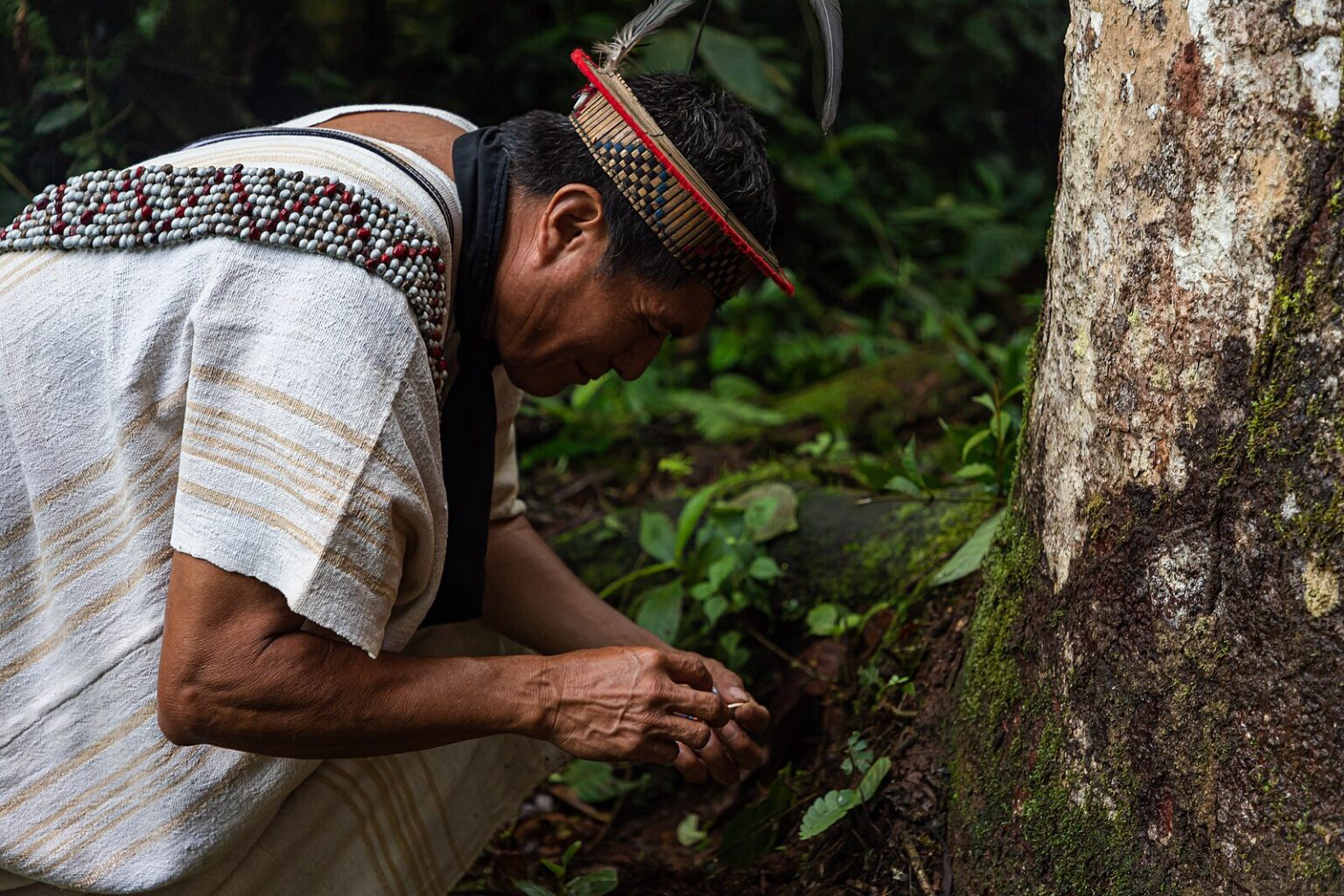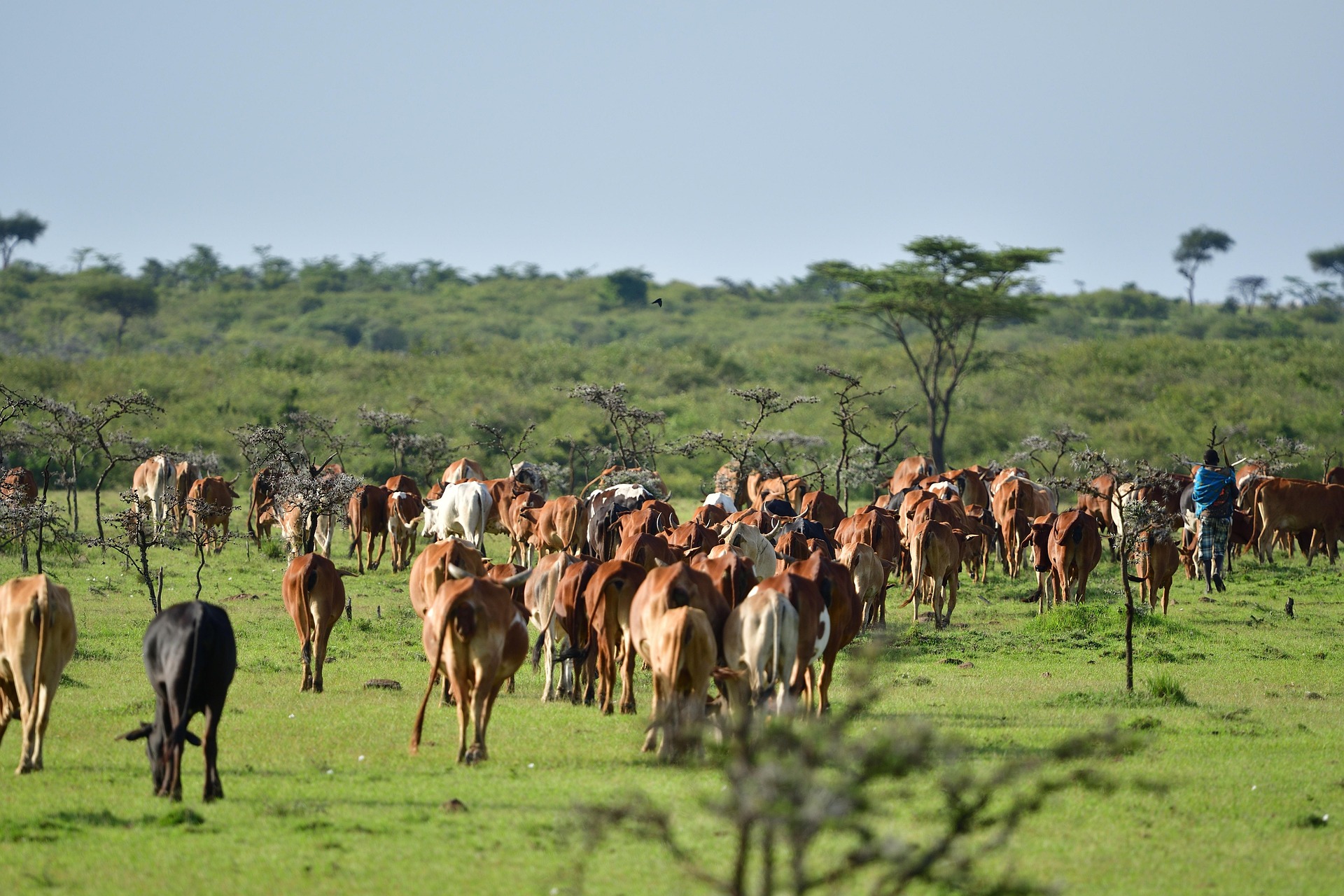Pacific leaders share views on conservation and collaboration
As momentum builds toward the 2030 Global Biodiversity Framework, the Pacific region continues to lead the way in advocating for the environment, biodiversity, and Indigenous-led conservation.
At UNOC3, IUCN Oceania had the opportunity to speak with two prominent leaders: Dr. Sivendra Michael, Permanent Secretary of Fiji’s Ministry of Environment and Climate Change, and Hon. Ralph Regenvanu, Minister for Climate Change in Vanuatu.
Their views show strong support for Pacific teamwork, supporting Indigenous voices, and using both science and traditional knowledge to guide conservation efforts.
Q&A with Dr. Sivendra Michael
Q1: From your perspective as a government leader, how can organizations like IUCN Oceania further support and strengthen such partnerships among Pacific nations?
A: IUCN Oceania plays a very instrumental role in the conservation agenda. IUCN has done tremendous work in the listing of critical species on the Red List. They have also worked on categories for protection and how protection could look, noting that there are multiple interests in the shared use of ocean space. This work could be used as guidance in designing fit-for-purpose, context-specific typologies for the region, as well as for our national sovereign interests. For Fiji in particular, what we are looking at is an accumulation of knowledge bases that exist around MPAs, to develop our own MPA typology that works for us. IUCN has already done the groundwork, so for us, it’s about building on that groundwork and contextualising it to fit our needs.
Q2: Given IUCN Oceania’s unique position in the region, how do you see your role evolving in supporting Indigenous-led conservation efforts in both Vanuatu and Fiji, particularly as we work toward the 2030 Global Biodiversity Framework targets?
A: Fiji has been a strong voice in the negotiations for Convention on Biological Diversity (CBD), particularly under Article 8(j) and the initiation of the Cali fund. We have advocated and ensured that the inclusion of Indigenous people and local communities are across treaty negotiations, but also more importantly under the Cali fund has a particular way in which the percentage of profits or proceeds are shared directly to the Indigenous people who are the custodians of these natural resources. IUCN’s role is vital in making sure these voices are reflected in decision-making and benefit-sharing.
Q&A with Hon. Ralph Regenvanu, Minister for Climate Change, Vanuatu
Q1: How does Fiji’s support contribute to Vanuatu’s conservation goals and regional unity?
A: Fiji is a prominent member of PSIDS and AOSIS, and their leadership strengthens our collective voice. Alone we don’t achieve much but together, we always push for the highest ambition. That’s how Pacific countries make progress—through unity and shared leadership.
Q2: What more can the Pacific Island nations do to empower Indigenous communities?
A: A big area is utilising more local scientists in our countries. We need to build and trust our own people’s expertise. Organisations like IUCN Oceania can help by creating more opportunities and visibility for scientists from our countries.
These statements reaffirm how Fiji, Vanuatu, and other Pacific nations are united in their push for greater Indigenous leadership, locally grounded science, and regional solidarity—values also championed by IUCN Oceania.






